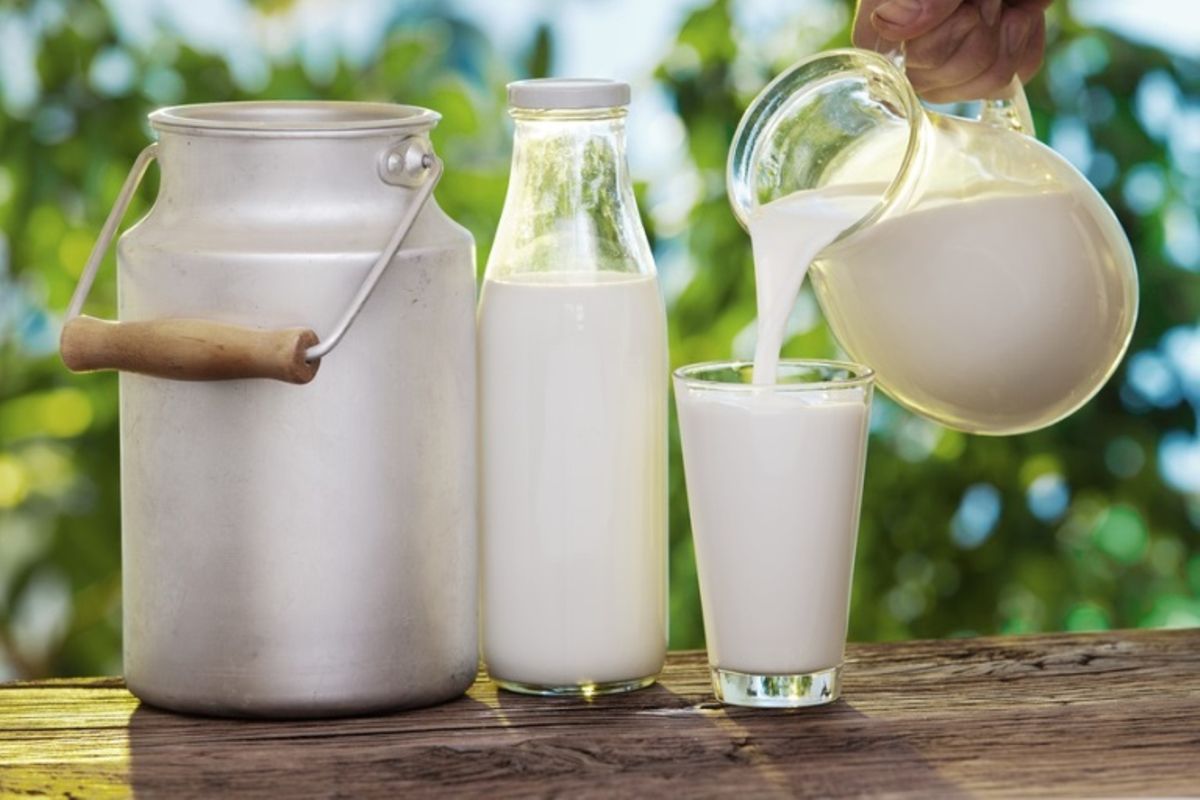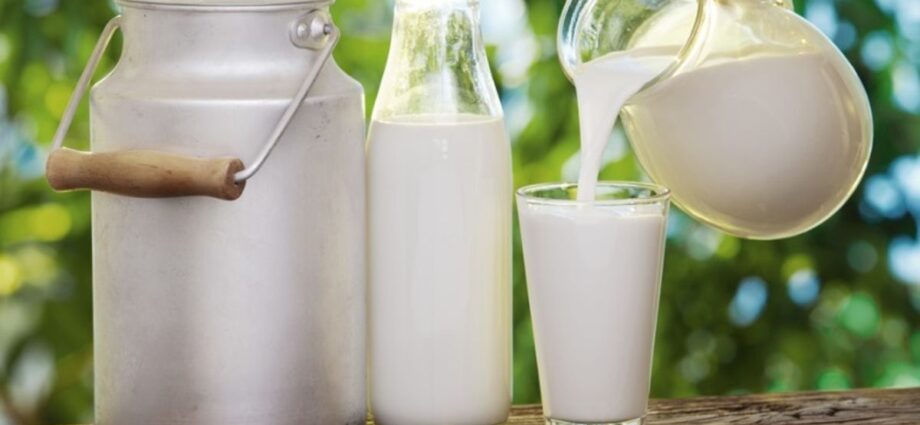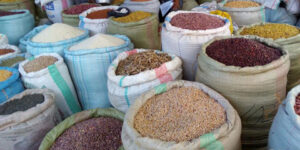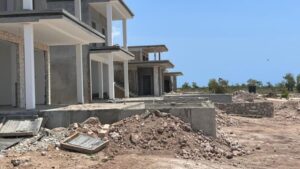
Dar es Salaam. Tanzania recently addressed Rwandan allegations of blocking its milk exports, despite the two nations signing a memorandum in January.
Reacting to the claims on October 21, the deputy minister for Industry and Trade, Mr Exhaud Kigahe, said any trade grievances within the East African Community (EAC) should be resolved through the bloc’s established mechanisms.
“The said issue is under the EAC Customs Union Protocol. Therefore, any complaints should be submitted according to procedures for measures to be taken,” Mr Kigahe told The Citizen in a telephone interview.
The restrictions on Rwandan milk imports to Tanzania were raised during an East African Business Council roundtable discussion with the EAC secretary general Veronica Nduva last month in Rwanda, where members of the private sector highlighted various trade barriers affecting regional commerce.
They told Ms Nduva that Tanzania keeps on introducing new non-tariff barriers (NTBs) through the numerous agencies demanding levies contrary to the EAC’s customs union and the common market requirements.
“The most important one we discussed during that roundtable meeting is on the issue of segregation, especially used as a weapon against unfair competition,” said president of the Long Distance Truckers Association, Abdoul Ndarubogoye.
“Our neighbours put a heavy levy on milk exports that are too difficult to pay—more expensive than the milk itself,” he added.
Rwandan transporters further said that milk exported to Tanzania attracts numerous charges collected by different institutions, including the Tanzania Bureau of Standards, the Tanzania Medicines and Medical Devices Authority and the Tanzania Dairy Board.
Under Tanzania’s Animal Diseases and Animal Products Movement Control Regulations published on August 31, 2018 (Government Notice No. 476) to import a kilogramme of milk in Tanzania, the government now requires one to pay Sh2,000 ($0.73), up from Sh150 ($0.055).
This 1,233 percent increase makes it difficult for Rwanda to export milk or its products to Tanzania.
“A lot of Rwandan milk is exported to the northern part of Tanzania, but there are too many NTBs,” Mr Ndarubogoye complained.
According to government data, Tanzania’s milk production increased from 3.4 billion litres in fiscal 2021/22 to 3.6 billion in 2022/23—a five percent increment. But the demand is 12 billion litres, necessitating importation.
Rwanda produced one billion metric tonnes of milk in 2023.
The vice chairperson of the EABC, Dennis Karera, said the new NTBs impacted intra-EAC trade and called for the strengthening of trade and investment among EAC partner states.
But Mr Kigahe said any trade complaints should be tabled before the ministerial meetings under the trade docket for resolution instead of somewhere else.
The Tanzania-Rwanda’s trade is not isolated. Uganda and Kenya continue to wrangle over the blockage of Brookside milk by Nairobi.
Uganda’s milk production has grown, and, in the past three years, Kenya has blocked its western neighbour’s milk from exporting into its territory.
The Kenya Dairy Board (KDB) has been accused of being selective in its approval of the necessary documents required to move products into the Kenyan market.
While Ugandan milk brands such as Lato and Dairy Top easily find their way across the border, KDB has been accused of denying permits for Brookside brands. Bilateral talks are yet to resolve the matter.
Rwandan transporters also cited corruption on the East African roads.
“The way the road toll is levied is not uniform. There are unfair charges on the road toll of the trailer and its head,” Mr Ndarubogoye said.
“Rwandan trucks are charged arbitrary levies, including requiring certificates on either the truck or the contents, especially those that use the Mombasa-Taita Taveta route and the central corridor.”
Ms Nduva urged the private sector to promote the EAC as a unified trade bloc.
Other discussions focused on the liberalisation of air transport services, transport and logistics, manufacturing, tourism, and the movement of services and service providers.
Others were digital economy, upgrading transport networks, energy, road-user charges, discriminatory levies and charges, stays of applications, work permits, the One Tourist Visa, and the East African Payments System.














